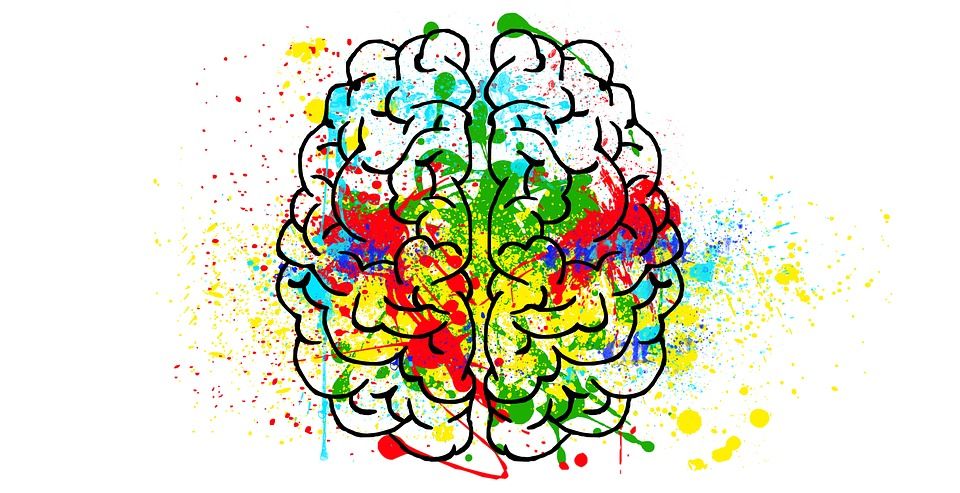A lot of people remain consistently intrigued by the study of personality, myself included. It's interesting to see how the way you think impacts the way you appear to others, and it can be helpful when trying to relate to others to know what type of personality they have.
If you are aware of different personality types, then you can be more conscious of your actions, and tailor the words you say to the way that will work best for the people around you. But it can be tricky to decipher a person's personality right off the bat.
Researchers are constantly looking for new ways to evaluate personality, and while there are many different scales and tests, the newest one may make it easier to understand the human psyche.
Psychologists at Northwestern University ran a large-scale study of 1.5 million people to try and figure out how many personality types there actually are. While Meyers Briggs has 16 categories, and is often thought of as the most popular psychological test, this new study narrowed it down to four.
That's right, according to these scientists, personality can be categorized into four different categories. They used a personality measuring tool known as "the big five" or the five factor model of personality to get to their results, which studies the five personality traits that impact you, and by correlating them they found some interesting results.
What they did was cluster people based on personality traits and they noticed that it was separated into four main groups.
In case you aren't familiar, the five personality scales and the factors they measure are:
- Openness - intellectual curiosity, creativity, and open to experiences
- Conscientiousness - dependability, organization, and self-discipline
- Extroversion - sociability, attention-seeking, and dominant
- Agreeableness - compassion, cooperative, and trusting
- Neuroticism - stress, emotional stability, and impulse control
By deciding where you fall on the scale of the "big five," they've been able to assign you to one of four groups. Here's what they've called them.
Average
Those with the "Average" personality type tend to be high in neuroticism, high in extraversion, but low in openness.
This personality type was found to be the most common among participants. It basically represents those who are often stressed out, enjoy spending time socializing, but are less interested in creative endeavors.
Reserved
Those who fall into the "Reserved" personality type are low in neuroticism, low in openness, and rank in the mid levels of agreeableness and conscientiousness.
This means that while their low neuroticism score means they are much more emotionally stable, they are less extroverted than those who are in the "Average" category.
Role Models
Of all the new categories, this one has the most positive name of "Role Models". It refers to those who score low on neuroticism but high is every other trait.
They tend to be people with strong leadership skills, are organized, and also constantly coming up with new ideas.
Self-Centered
The final category is "Self-Centered," and people who find themselves labeled as such are those who score very high in extroversion, but when it comes to openness, agreeableness, and conscientiousness they received extremely low scores.
This means that they tend to put their opinions first, without adapting to the group. They also tend to be unreliable and less compassionate to others.
"The data came back, and they kept coming up with the same four clusters at higher densities than you'd expect by chance," co-author William Revelle said.
One of the most interesting things about this study is that it actually spent a lot of time focusing on the differences of ages, and realized that as you age your personality evolves.
"When we look at large groups of people, it's clear there are trends, that some people may be changing some of these characteristics over time," co-author Luis Amaral said.
If you want to figure out how you fit into this new scoring system, all you need to do is figure out your rankings on the Big Five Personality Test and see which categories you rank high and low in. While four categories seems really restrictive, the researchers truly believe they're onto something. What do you think?
Source - Psychology Today / Yahoo / Northwestern University / Nature






